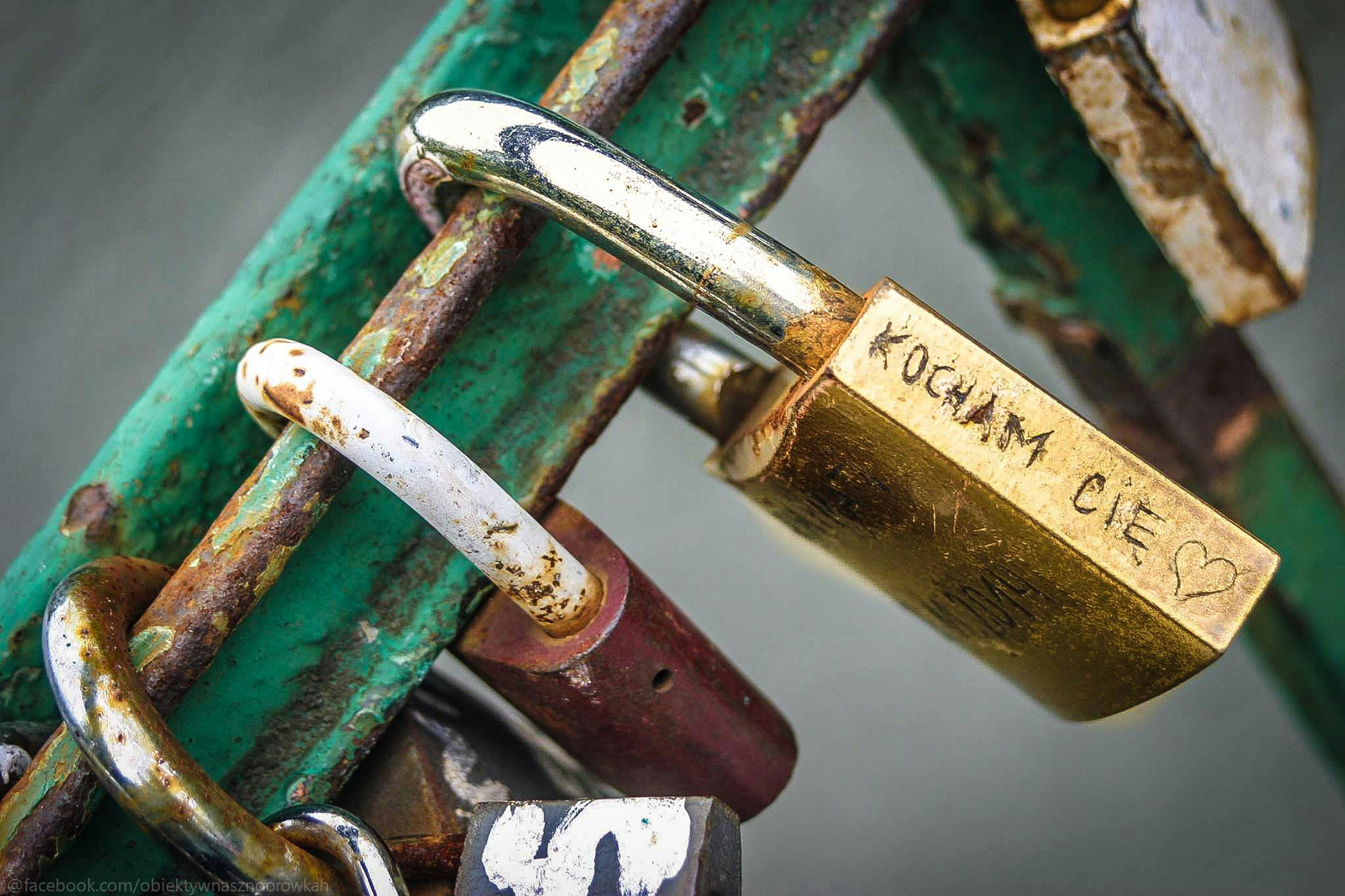Divorce marks a significant turning point in one’s life-a moment of closing chapters and beginning anew. Amid the swirl of emotions, legalities, and logistics, practical concerns often demand attention, too. One such overlooked detail is the security of your home. After all, the place you once shared is now your personal refuge, and ensuring that it remains safe and private is paramount. So, do you need to replace your locks after a divorce? This question, simple on the surface, carries deeper implications for your sense of safety and peace of mind. In this article, we’ll explore the reasons why changing your locks might be an essential step in moving forward, helping you reclaim your space and your security.
Table of Contents
- Understanding the Emotional and Practical Reasons for Changing Locks
- Evaluating Security Risks Post-Divorce
- When to Consider Rekeying Versus Full Lock Replacement
- Choosing the Right Locksmith for Sensitive Situations
- Balancing Privacy and Accessibility in Your New Home Setup
- Q&A
- To Wrap It Up

Understanding the Emotional and Practical Reasons for Changing Locks
When facing the aftermath of a divorce, many overlook one crucial step: ensuring the security of their new personal space by changing locks. Beyond just physical safety, this change carries deep emotional significance. It symbolizes the start of a new chapter, a reclaiming of autonomy, and the establishment of personal boundaries. The act of replacing locks can provide a psychological sense of closure and control, helping individuals process the transition more healthily.
On a practical level, replacing locks is a wise precaution for several reasons:
- Security Assurance: You never know who might still have old keys, including mutual acquaintances or ex-partners.
- Peace of Mind: Preventing unauthorized access reduces stress and creates a safer environment to rebuild your life.
- New Start: Installing new locks sends a clear message of change to yourself and others.
| Reason | Benefit |
|---|---|
| Emotional Closure | Symbolizes freedom and new beginnings |
| Unknown Key Holders | Prevents unauthorized entry |
| Property Changes | Aligns locks with current ownership |

Evaluating Security Risks Post-Divorce
When navigating the aftermath of a divorce, reassessing your home’s security should be a top priority. Even if there are amicable terms between ex-partners, the emotional complexity of the situation can sometimes lead to lapses in safety precautions. Consider who had access to your home during the marriage and weigh whether those individuals still need that access. Beyond your ex, think about family members, friends, or even service providers who might retain keys or entry codes. Focus on vulnerability points such as:
- Traditional keyed locks, which can be copied without your knowledge
- Smart lock codes shared digitally
- Garage doors and side gates that might have separate entry systems
- Security alarm passcodes previously known to others
To aid your decision-making, use this quick reference table highlighting risk levels associated with various entry points:
| Entry Point | Risk Level | Suggested Action |
|---|---|---|
| Main door locks | High | Replace or rekey immediately |
| Garage door | Medium | Change access codes |
| Back/side gates | Low to Medium | Reassess depending on previous access |
| Security alarm system | High | Reset or change passcodes |

When to Consider Rekeying Versus Full Lock Replacement
After a divorce, securing your home is a priority, but deciding between rekeying and a complete lock replacement depends on several key factors. Rekeying is a cost-effective solution when you want to change who has access to your property without replacing the entire lock hardware. This option is ideal if your existing locks are in good condition and you simply need to ensure that former partners or acquaintances no longer have keys that work. It’s also quicker and less disruptive, making it a smart choice for immediate security updates.
On the other hand, full lock replacement becomes necessary when the lock’s integrity is compromised or when enhanced security features are desired. Consider replacing locks if there’s any damage, if you want to upgrade to smart locks or advanced security systems, or when the old locks show signs of wear and tear. Below is a quick overview to help determine which option suits your situation best:
| Situation | Rekeying | Full Replacement |
|---|---|---|
| Lock Condition | Good, functional lock | Damaged or outdated lock |
| Security Upgrade | No major upgrade needed | Desire for advanced features |
| Access Control | Change key access only | Change hardware and keys |
| Cost | Lower | Higher |
- Rekeying: Quick, economical, ideal for immediate security.
- Replacement: Offers enhanced security and hardware upgrades.

Choosing the Right Locksmith for Sensitive Situations
When navigating the emotional landscape of a divorce, finding a locksmith who understands the sensitivity of your situation is crucial. Not all locksmiths approach their work with discretion or empathy, so it’s wise to look for professionals who prioritize confidentiality and respect. Licensed, insured, and vetted locksmiths often have experience handling delicate cases and can offer peace of mind beyond just their technical skills.
Here are some key qualities to consider when hiring a locksmith in such situations:
- Discretion: The ability to handle your case confidentially without unnecessary exposure.
- Emergency availability: Flexible scheduling to address unexpected needs quickly.
- Reputation: Positive reviews and verified credentials provide assurance of professionalism.
- Communication: Clear explanations of services and options to support your decisions.
| Quality | Why It Matters | Example |
|---|---|---|
| Discretion | Protects your privacy during sensitive changes | Non-disclosure agreements available |
| Emergency Response | Allows quick lock changing if safety is at risk | 24/7 availability guaranteed |
| Proven Skills | Ensures proper installation and security upgrades | Certified technician badges |

Balancing Privacy and Accessibility in Your New Home Setup
Creating a secure home environment after significant life changes requires a thoughtful approach to both privacy and accessibility. While it’s crucial to restrict entry to those who no longer should have access, maintaining ease of movement for trusted individuals is equally important. Consider layering security measures such as smart locks with temporary codes or biometric systems that allow controlled access without sacrificing convenience. This hybrid solution empowers you to customize who can enter and when, striking a balance between safeguarding your space and welcoming visitors.
Practical layout choices also play a vital role in achieving this balance. For example, positioning locks and entry sensors in a manner that respects regular household traffic while enhancing security can make a big difference. Below is a simple overview of features that support both privacy and accessibility, helping you decide what fits best for your situation:
| Feature | Benefits | Best For |
|---|---|---|
| Smart Locks with Guest Codes | Temporary, revocable access without key exchange | Families with frequent visitors |
| Keypads with Limited Access Times | Allows entry only during specified hours | Roommates or childcare providers |
| Biometric Locks | Secure, keyless and unique identification | Individuals seeking high security |
| Traditional Deadbolt | Simple and reliable manual locking | Backup or secondary lock system |
Q&A
Q: Is it necessary to replace your locks after a divorce?
A: While not legally required, replacing locks after a divorce is a wise safety and peace-of-mind measure. It ensures that former partners no longer have physical access to your home, which can help protect your privacy and security during a vulnerable time.
Q: What are the main reasons to change locks after a divorce?
A: The primary reasons include preventing unauthorized entry, reducing emotional stress by creating a fresh start, and safeguarding personal belongings. Changing locks symbolizes reclaiming your space and moving forward independently.
Q: Can changing locks affect custody arrangements or legal agreements?
A: Changing locks typically does not interfere with custody agreements or legal rights, as these are governed by court orders. However, it’s important to communicate and ensure that access for visiting children or court-mandated arrangements is respected and coordinated.
Q: Are there alternatives to changing all the locks?
A: Yes. If complete lock replacement feels extreme, consider rekeying existing locks. Rekeying changes the internal mechanism so old keys no longer work, offering security without the expense of new hardware.
Q: How do you decide whether to replace locks or just rekey them?
A: The decision depends on your personal comfort level, the quality and condition of current locks, and budget. New locks offer upgraded security features, while rekeying is simpler and cheaper but may not provide enhanced protection.
Q: When should you involve a professional locksmith?
A: Hiring a professional locksmith ensures the job is done correctly and securely. Professionals can recommend the best lock types for your needs, offer key control solutions, and provide peace of mind with quality installations.
Q: Does changing locks eliminate all security concerns post-divorce?
A: Changing locks significantly enhances security but should be part of a broader safety plan. It’s important to update security codes, inform trusted neighbors, and consider additional measures like security systems or cameras if needed.
Q: Can emotional factors influence the decision to change locks?
A: Absolutely. For many, changing locks is symbolic-a way to close a chapter and reclaim personal space. It can reduce anxiety and create a tangible sense of security during the healing process.
Q: What types of locks are best after a divorce?
A: Choose high-quality deadbolts or smart locks that offer keyless entry and remote control options. These provide greater control over who accesses your home and allow easy reprogramming if needed.
Q: In summary, is replacing locks after divorce recommended?
A: Yes, replacing or rekeying your locks is a prudent and empowering step to safeguard your home and establish boundaries after a divorce. It’s a manageable cost with lasting benefits for your safety and emotional well-being.
To Wrap It Up
In the complex journey of starting anew after a divorce, the question of whether to replace your locks might seem small, but it carries significant weight for your sense of security and peace of mind. While the decision ultimately depends on your unique circumstances, taking a moment to assess your home’s safety can be a powerful step toward reclaiming control and creating a fresh chapter. After all, sometimes the key to moving forward lies in changing the locks behind you.



